Minimalism on a Budget: Be a Minimalist Without Spending a Penny

I'm Rachel, and I will share how you can become a minimalist on a budget.
Over the past year, I've been researching the best and cheapest ways in which you can become a minimalist. As I was studying, I found endless lists of items to buy. It confused me why we want to buy more things when trying to become minimalist.
As I began decluttering my home, I realized that there were lots of things I could do to become a minimalist that didn't need to cost anything. I wanted to share those minimalist living ideas with you. I list seven things you can do to become a minimalist while on a budget.
1. Track your income
The first thing to do is to make sure that you are creating a spreadsheet to track your income. You don't need to purchase diaries, budget planners, and things like that; you can use a plain spreadsheet or word document.
You can list all the expenses that go out each month and how much they cost next to it, and then you can have a list of how much income you get and find the difference. It's as simple as that.
When tracking your spending, you don't need to go fancy to do that.
2. Start saving
My next tip is about savings. As you become more minimal and you start decluttering your home, what you will discover is that you have a lot of spare time and a lot of extra money because you're not buying things regularly, and things aren't coming into your home as they used
to.
The best thing you can do, and the simplest thing you can do with that extra money, is to put it into a savings account and lock it away, but it's still easy to access if needed. You still have access to it whenever you need it, but it is a safer place to put it than just leaving it in your bank account attached to a debit card.
3. Reduce the amount of furniture you have
My next tip is to reduce the amount of furniture you have by selling it for cash. As you get rid of all of the items that you no longer need,
you'll find that you have a lot of furniture items, and storage items no longer serve a purpose because when you start reducing the number of things in your home, you have less need to store things.
Furniture does hold its value relatively well. It naturally makes sense to declutter those furniture items; you can make cash. So there are usually ways in which you can either donate or sell, but if you sell them, at least you will have some income coming in as well.
Alternatively, if you want to make a little bit more money with the furniture, you could upcycle it. You could sand it down, repaint it, and then try and sell it for a little bit of profit.
4. Use what you have
My next tip as a minimalist is to use items you already have. This can be relevant to several things, such as shampoo, conditioner, makeup, and food items. The reality is that you don't need to keep a humongous stock of items in your home.
This is when we start seeing extra surpluses and clutter because we have too many of the things we use. Get into the habit of using up items and just buying a spare when you're about to run out.
Realistically, we don't need a whole cupboard full of toilet paper. We don't need a full selection of shampoos in our cupboards. We need one shampoo and maybe one spare in the closet.
As soon as we open the new product, that's when we buy the spare. Get into the habit of using up all the items you already have. If you're using up the items and you're not going to be spending on those items for a little while, using up things will save you money.
5. Only replace essentials
Following on this, only replace items that are essential to you. As you begin using up all those items, you can only replace the things you thought gave you value. Did you like a particular shampoo and want to replace the item? Don't buy something that you weren't happy with. Same with makeup. Get a core selection of makeup that you use and then only purchase replacements when they are running out.
6. Avoid storage furniture
My next tip is to avoid buying storage furniture. When people start decluttering and minimizing, they are tempted to buy different units to reorganize and restore their items. What you're doing is just adding to the problem.
You're adding more furniture, and then you're allowing yourself to keep many more things than you should. If you're trying to declutter as you get rid of items, you should not need to store them.
7. Do not buy duplicates
My next tip is not to buy duplicates. Know what you have so you can avoid doing this. This means that you need to know all the items you have in your home so that you're not going to be buying things that you already have.
If you need to buy some things, write them on the list. Then, take the list when you're going out for food shopping, clothes shopping, or furniture shopping, and you're not tempted to buy extra things that don't add value to your life.
Minimalist budget
As you can see, all of the tips suggested for minimalist living do not cost a thing. You don't need to buy things to become a minimalist. The idea is that you are getting rid of things. It's not an expensive thing to do. It is about adopting a minimalist mindset and rethinking how you attach value to things.
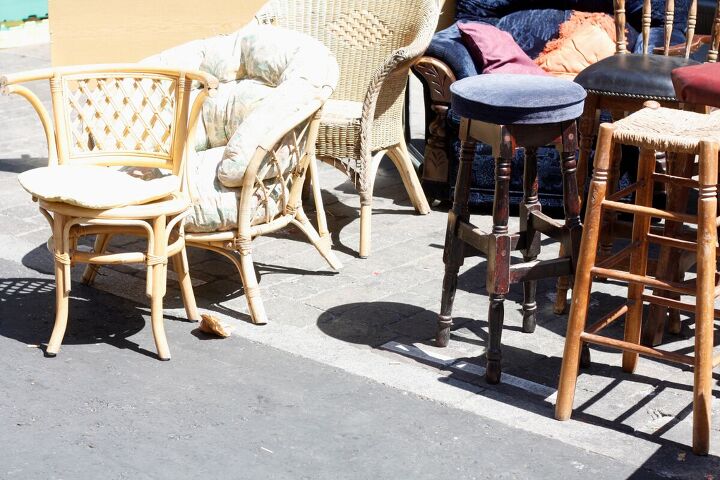


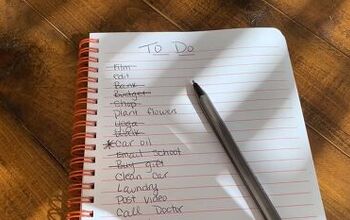
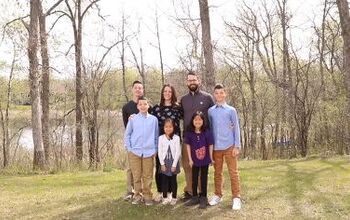
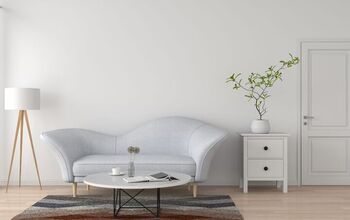
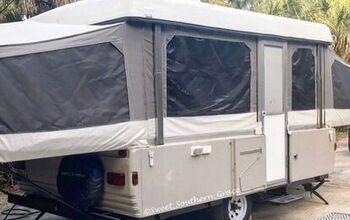
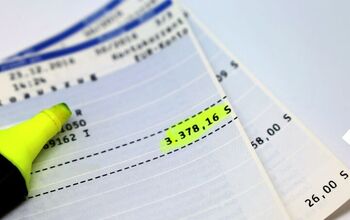
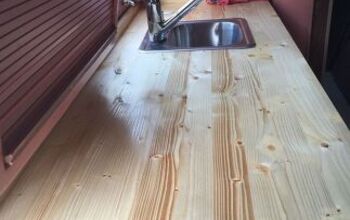
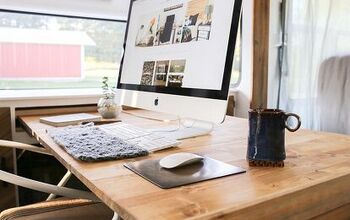
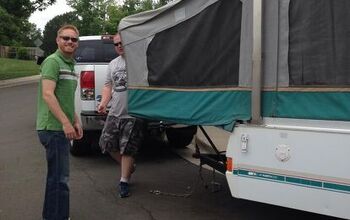

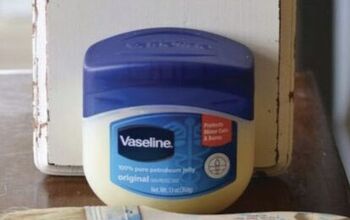
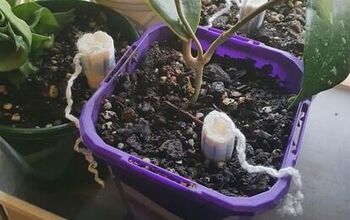
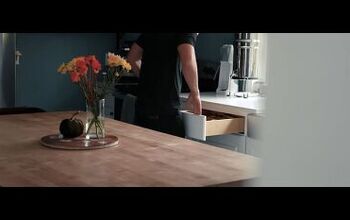

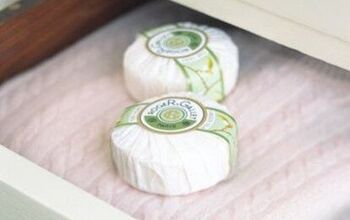
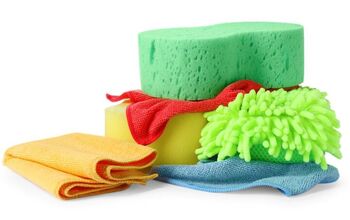
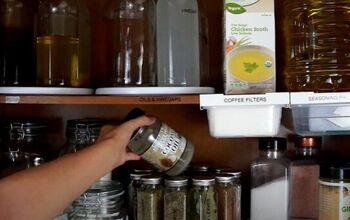

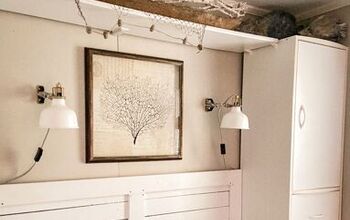
Comments
Join the conversation